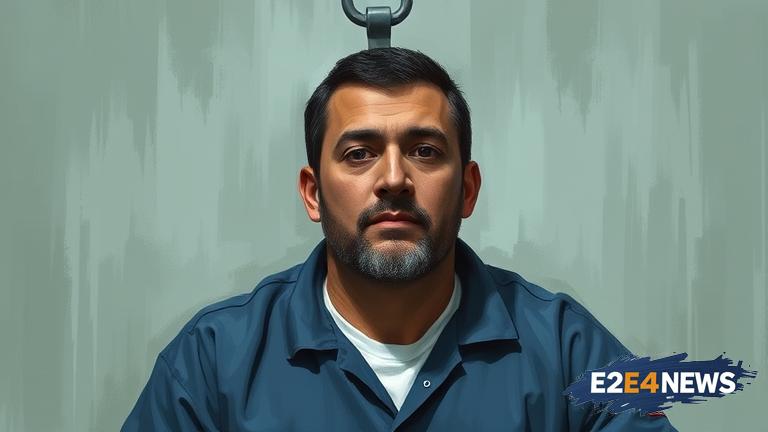The state of Florida has carried out the execution of Michael Bell, a man convicted of murder, amidst ongoing debates about the use of capital punishment in the United States. This event has brought attention back to the controversial topic of the death penalty, with many arguing for its abolition due to concerns about its effectiveness and ethical implications. The execution was approved by Governor Ron DeSantis, who has been a supporter of the death penalty. Bell’s case has been the subject of extensive legal proceedings, with his lawyers arguing that he was not adequately represented during his trial. Despite these efforts, the Supreme Court ultimately denied his appeal, paving the way for his execution. The use of the death penalty in the US has been a divisive issue, with some arguing that it serves as a deterrent to crime, while others claim that it is inhumane and disproportionately affects marginalized communities. Many countries around the world have abolished the death penalty, citing human rights concerns. In recent years, there has been a decline in the number of executions carried out in the US, but the practice remains legal in several states. Florida, in particular, has been at the forefront of the death penalty debate, with a number of high-profile cases drawing national attention. The execution of Michael Bell is likely to reignite calls for reform or abolition of the death penalty, with many advocacy groups and human rights organizations speaking out against the practice. As the debate continues, it is likely that the use of capital punishment will remain a contentious issue in American politics. The case of Michael Bell serves as a reminder of the complexities and challenges surrounding the application of the death penalty, and the need for ongoing discussion and reflection on this critical issue. Furthermore, the role of governors and state governments in approving executions has also come under scrutiny, with some arguing that they should exercise more discretion in such cases. Additionally, the impact of the death penalty on the families of victims and perpetrators is often overlooked, but it is an important aspect of the broader discussion. Ultimately, the execution of Michael Bell underscores the need for a nuanced and informed conversation about the death penalty, one that takes into account the ethical, legal, and social implications of this practice. It also highlights the importance of considering alternative forms of punishment and rehabilitation, as well as the need for greater transparency and accountability in the criminal justice system. The death penalty remains a highly polarizing issue, with passionate arguments on both sides, and it is likely that the debate will continue for many years to come.





